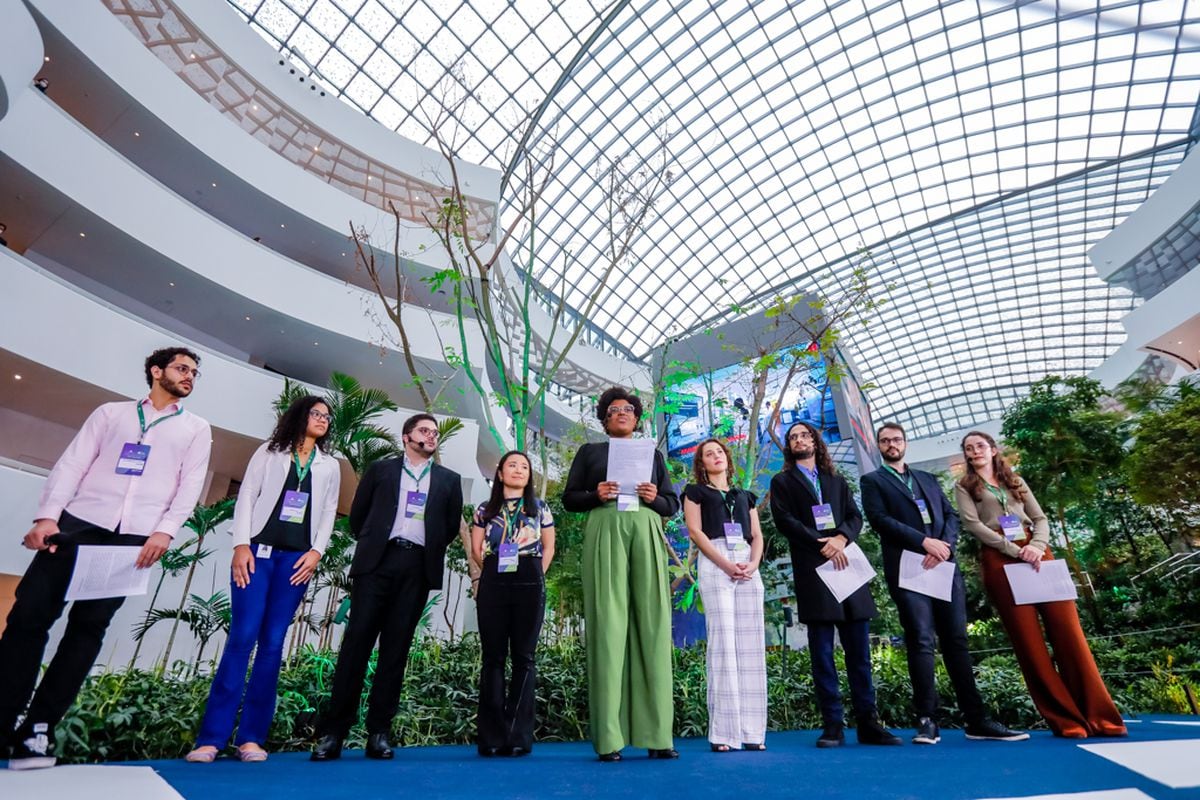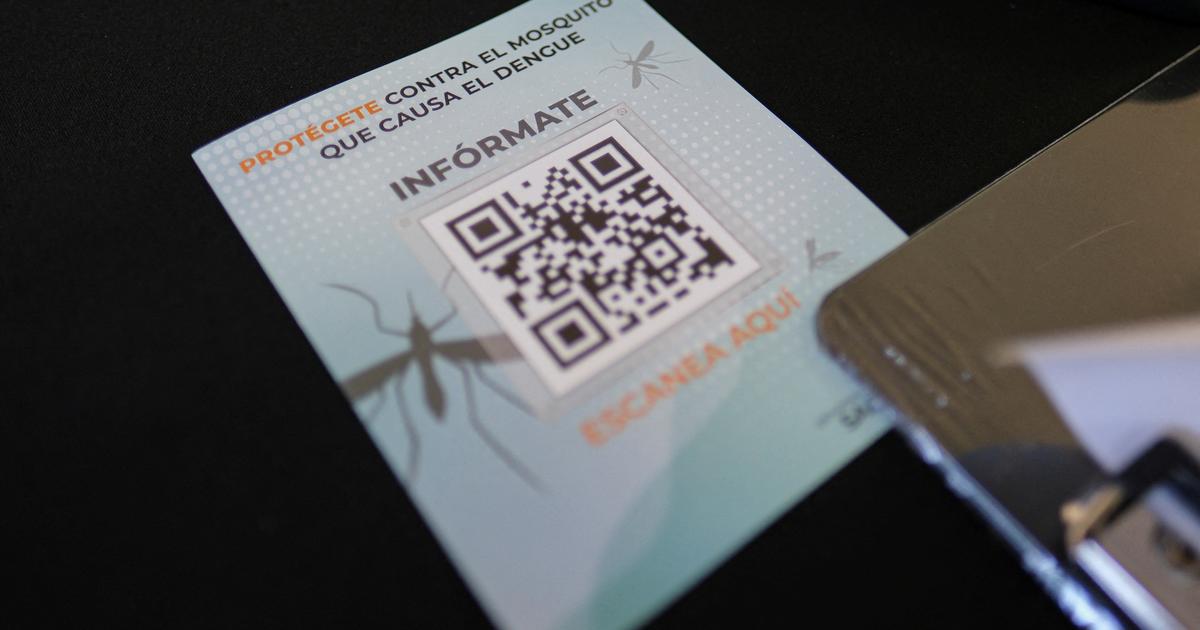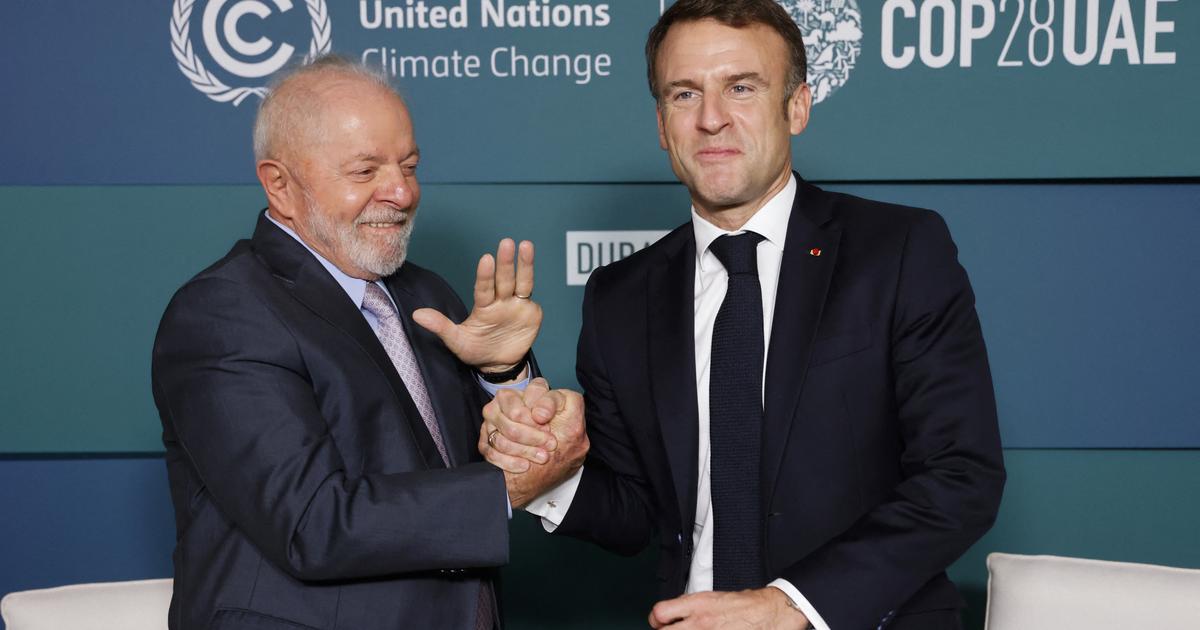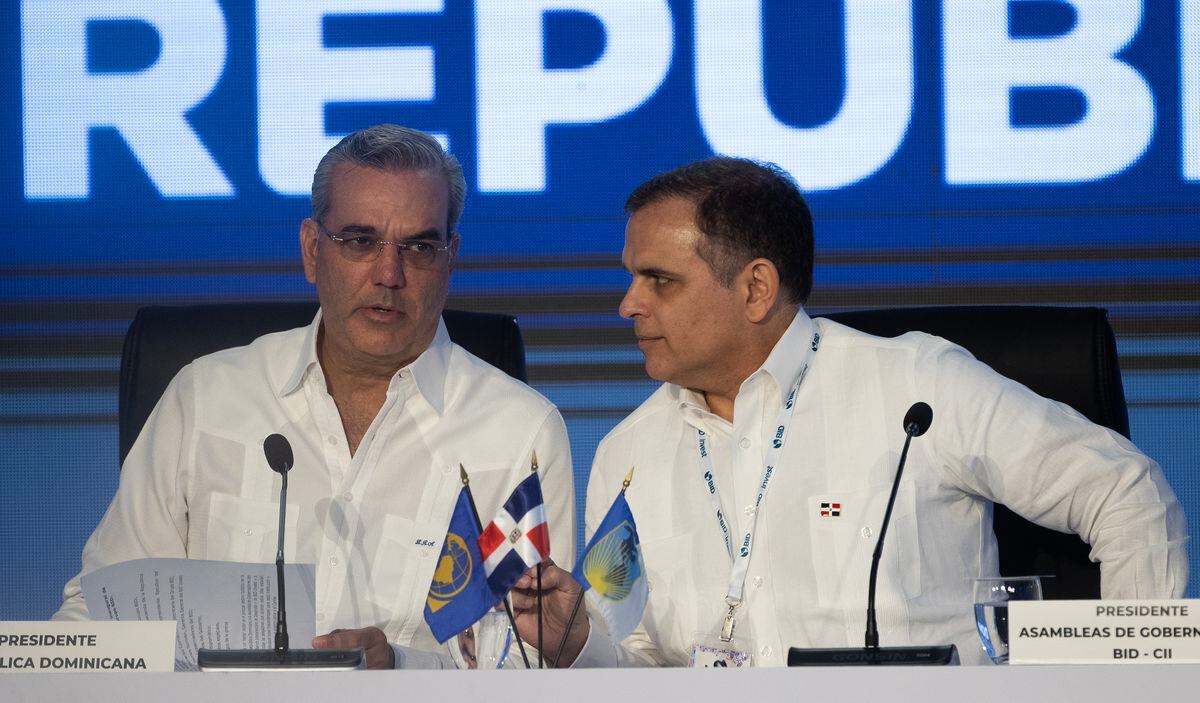In August 2021, one of the hottest months in US history, Kedar Mate, president and CEO of the Institute for Healthcare Improvement (IHI), noted that the number of young people admitted to hospitals during the pandemic was strongly linked with climate change.
“It was no longer something abstract, it was something real and it is not only happening in one country but throughout the world”, recalled the director of the IHI during the first day of the 7th.
Latin American Forum on Medical Quality and Safety: Far beyond ESG, organized together with the Sociedade Beneficente Israelita Brasileira Albert Einstein.
Before an audience made up not only of directors, stakeholders, decision makers and leaders close to the health sector in America, but also of young talents, Mate used the example to warn of the urgency that the sector also commits itself more in the fight against climate change and for equity in access to health.
"The time has come to face problems seriously and with courage, but also to listen to each other", the IHI director specified during CEO Day.
In the same sense, Sidney Klajner, president of the Albert Einstein Hospital, assured that in a global context of catastrophes of different kinds, it was necessary to recognize the responsibility that the health sector has in the face of urgent challenges such as climate change and the fight for a much future. more sustainable from relevant areas such as equity, governance and transparency, among other areas of vital importance.
“The health sector is a great consumer of environmental resources, which during the pandemic increased by 20%: we spend more water, we produce more than 80 thousand tons of polluting waste and we represent about 25% of the financing cost in the reduction challenge. of the carbon footprint.
This clearly speaks to us of the need for interdependent work between countries in the region, which have paths and a similar capacity for cooperation,” said Klajner.
During the ceremony, which was permeated by an environment open to dialogue, the dynamic exchange of ideas between people belonging to generations and with diverse visions, the proposals for transformation around issues such as the environment, access, technological innovation and governance in the health sector they made themselves heard.
Such was the case of Dr. Donald Berwick, president emeritus of the IHI and former administrator of the Centers for Medicare and Medicaid Services in the United States, who emphasized that the health crisis has shown most countries that we are not prepared to the different threats to come, so the only way is to listen to each other and work mutually.
Fabio H. Mendes
The position of the young
One of the key moments during the first day of the Forum was the presence of the youngest.
Already representing a quarter of the world's population, the generation born during and after the 1990s finds itself in a kind of "coaching" of the challenges to come around the so-called ESG or ASG (Environment, Health and Safety). Governance, by its acronym in Spanish).
It was thus that in the document presented under the name of Letter of the Students,
Commitment to Our Future, signed by eight medical students recently graduated from the Faculdade Israelita de Ciências da Saúde Albert Einstein, shared the call for dynamic, transversal and committed work on the subject.
“Today we are here with you, directors and executive leaders, putting our will and energy to learn and design together a proposal in an effective way to make the ESG agenda essential in our leaderships, for the work and culture of our entire population.
Therefore, we bring a sense of urgency: we cannot wait for a new pandemic to learn our lesson (...), and for that we need the collaboration of everyone: employees, partners, customers, patients, consumers, regulators and investors " , points out the letter presented to those attending the forum's CEO Day.
Fabio H. Mendes
Mitigation Strategies
For his part, Roberto Iunes, Senior Health Economist of the World Bank, proposed some actions aimed at mitigating the environmental impact from the health field of action: using low-emission transport, designing green medical care models, using renewable energies, as well as how to promote and implement a more efficient use of medical equipment and be more assertive in terms of the legal, restrictive and communication framework within the field of action of those involved in the sector.
After a heterogeneous session of discussion and work on solutions around the challenges of the Forum's central theme, Dr. Claudio Lottenberg, president of the Deliberative Council of the Sociedade Beneficente Israelita Brasileira Albert Einstein, abbreviated the first day of the forum with a punctual imprint: “The ESG proposes a difficult culture change, which implies a new mentality;
change in a structural and non-compensatory way, not out of obligation but out of conviction (...).
If the challenges are greater, the hospital of the future cannot separate itself from community care”, stated Dr. Lottenberg, during the closing of the first day of the Forum.


/cloudfront-eu-central-1.images.arcpublishing.com/prisa/2C5HI6YHNFHDLJSBNWHOIAS2AE.jpeg)


/cloudfront-eu-central-1.images.arcpublishing.com/prisa/6YOQKRNM2VFEDJ77EV4BG7TTOQ.JPG)
/cloudfront-eu-central-1.images.arcpublishing.com/prisa/2KVLLY26ZNGK3OCBRI676KYGKA.jpg)


/cloudfront-eu-central-1.images.arcpublishing.com/prisa/AWQDFA55JRFZ7EFY4XGGS3VAVQ.jpeg)